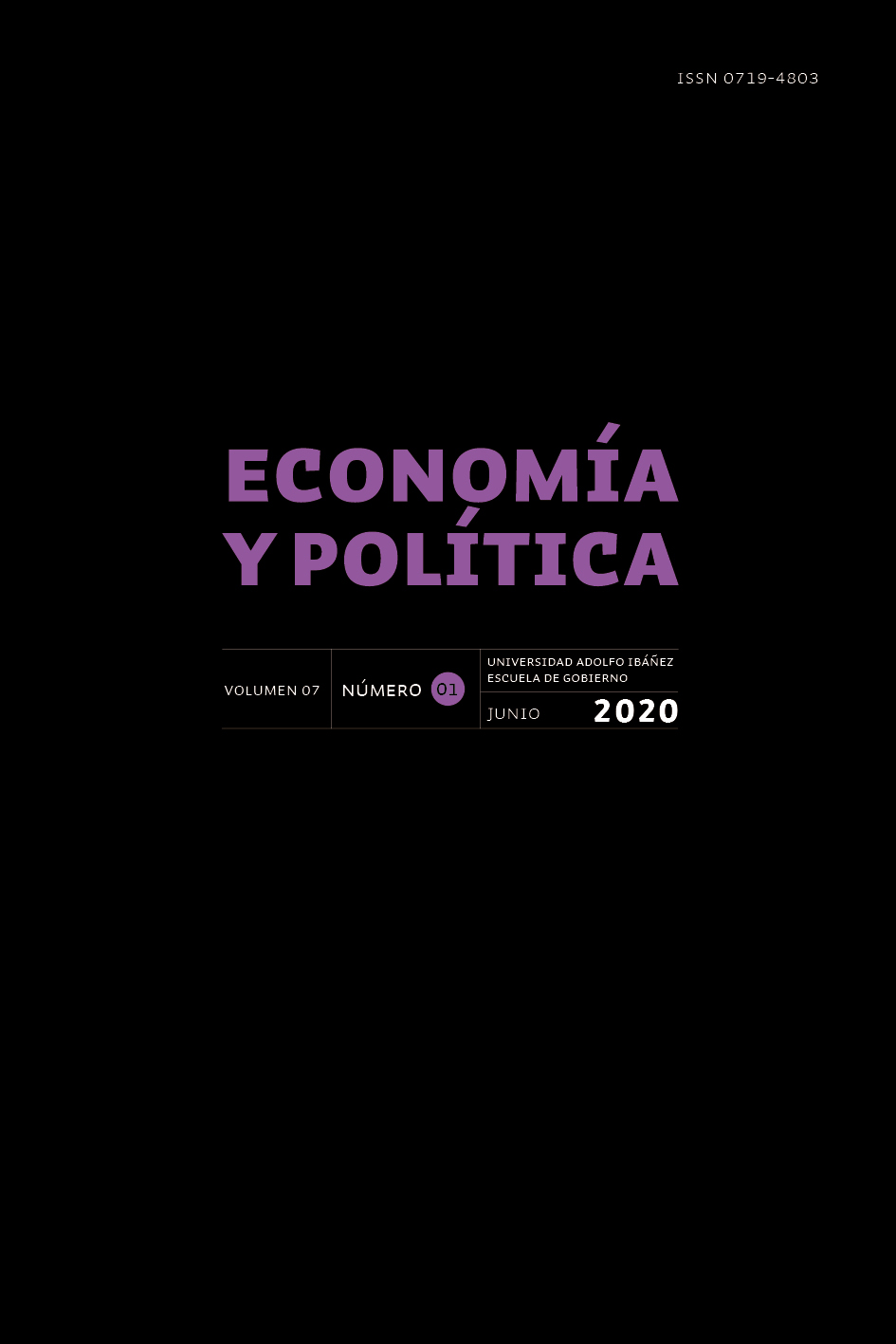The social role of the enterprise in Ordoliberalism and the Social Market Economy. Contributions to a conceptualization of neoliberalism
DOI:
https://doi.org/10.15691/07194714.2020.003Keywords:
discursive practices, market competition, social issue, mass capitalist societies, small and medium enterpriseAbstract
Ordoliberalism and The Social Market Economy have an important place in neoliberalism’s history. However, their proposals have received little attention from current critical studies. This article questions the enterprise’s role in the discursive framework of both streams of thought. For this purpose, our research employs the theoretical-methodological principles of Laclau and Mouffe, Donzelot’s theory of the social and, Foucault’s studies on governmentality. The idea is to reconstruct an enunciation modality where the enterprise does not work as a pure equivalent of market competition, but as a semantic element linked to the problematization of social ties, the definition of political antagonisms and the determination of governmental goals. Our main objective is to expand the conceptualizations that reduce Neoliberalism to an economic phenomenon, without considering its social scope. Through Ordoliberalism and the Social Market Economy, we will show instead that neoliberal projects can be understood as an answer to the social issue inherited from the 19th century. The core of this response is small and medium enterprises, whose organizational form is, on the one hand, the counterbalance to mass capitalism and its supposed pathological tendencies, and, on the other, the axis for a “healthier” articulation between social relations and the principles of market competition. Thus, neoliberal projects are not only a form of economic regulation, but above all a form of social regulation.


